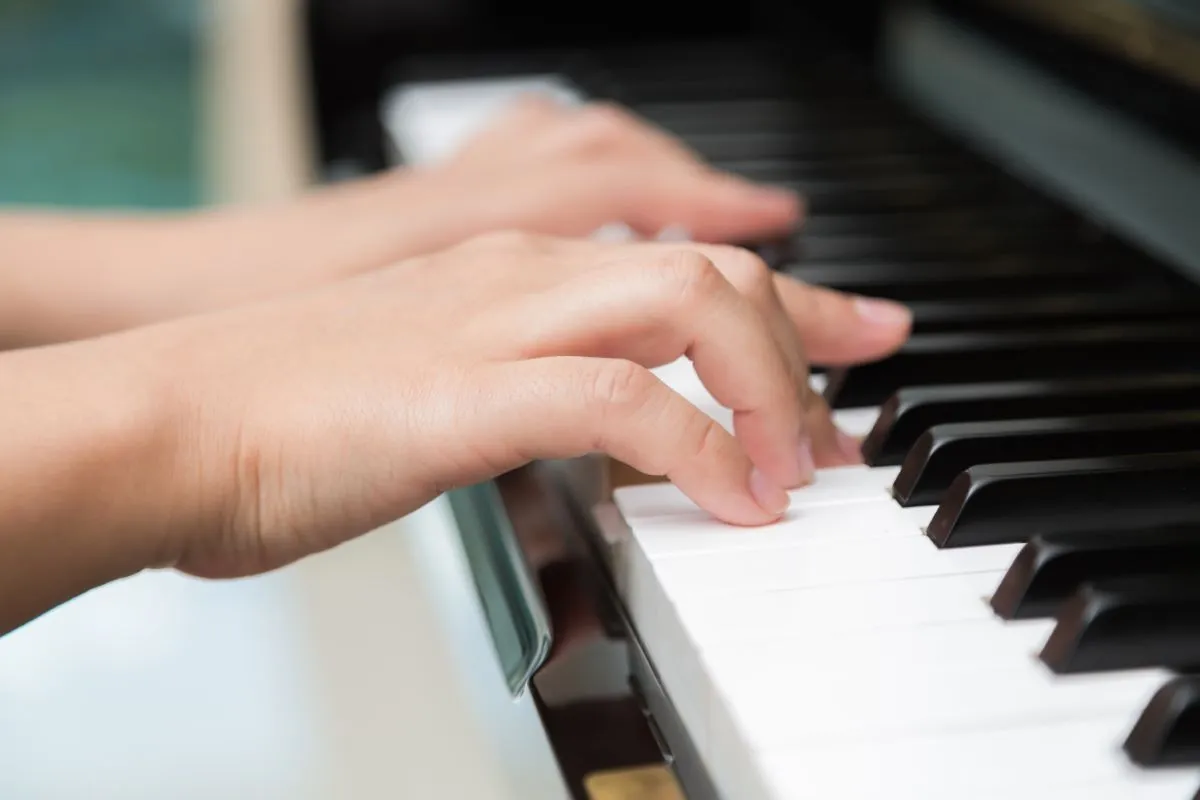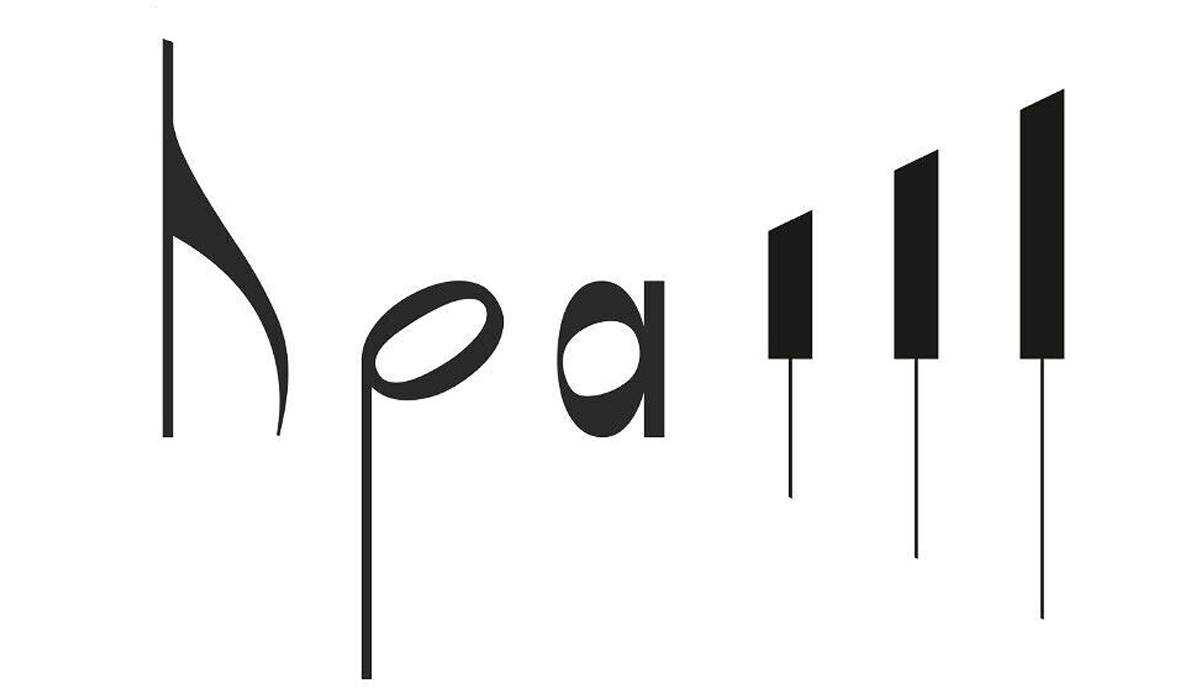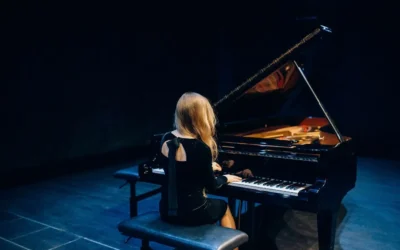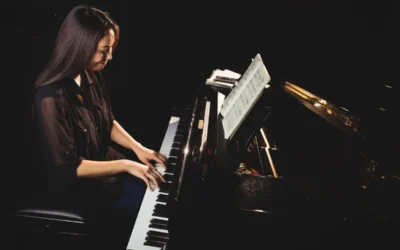
Is my child ready to start learning piano?
When considering the optimal age for a child to start learning the piano, several key factors come into play.
While there’s no fixed age that applies universally, understanding these points can help parents make an informed decision before enrolling children in piano lessons:
How long is your child’s attention span?
Perhaps the most important factor of all.
Piano lessons involve focused attention and concentration.
Children who can sit and engage in an activity for short periods are more likely to benefit from structured lessons.
Coordination and dexterity
Playing the piano requires finger coordination and dexterity.
Of course, this is something the piano will help with, but children who have developed these skills through activities like drawing or playing with small toys might be more ready to begin piano lessons.
Showing interest and enthusiasm for music
If your child shows a genuine interest in music or the piano, this enthusiasm can be a strong motivator for starting lessons.
Children who express curiosity and excitement about learning to play an instrument may be more receptive to instruction.
The ability to follow instructions
Piano lessons involve following instructions from a teacher.
Children who can understand and follow basic instructions can have a smoother transition into formal lessons.
Readiness for formal learning
Formal music education involves learning to read music notation and understand basic music theory.
Children who are beginning to grasp letters, numbers and basic concepts might be more prepared for this aspect of piano learning.
Would you be able to practice piano with your child?
Younger children may need more parental involvement to establish practice routines and ensure they’re progressing.
Parents who are actively engaged and supportive can greatly enhance a child’s learning experience.
Don’t believe the myth “the younger, the better”
It’s important to note that starting individual piano lessons at a younger age doesn’t necessarily guarantee faster progress.
A child’s emotional readiness, enthusiasm and the quality of instruction are also key factors in their musical development.
If you want your children to interact with music, but they might be young for one-to-one piano lessons, the best option to consider would be the Music Playgroup.
Music Playgroup as an introduction to music
Children aged 3 to 5 can get started in a music playgroup, where they are introduced to the joy of music in a playful, interactive setting.
This class lays the foundation for a smooth transition to formal piano lessons.
Find out if your child is ready to start
If you’re unsure about the right time to start piano lessons for your child, consider scheduling a consultation with our piano teachers.
They can assess your child’s readiness, discuss your goals and provide guidance on when to begin formal lessons.
Remember that the goal is to create a positive and enjoyable learning experience that aligns with your child’s developmental stage and interests.
Most Recent Posts
Join the Academy
Piano Lessons
Music Theory



